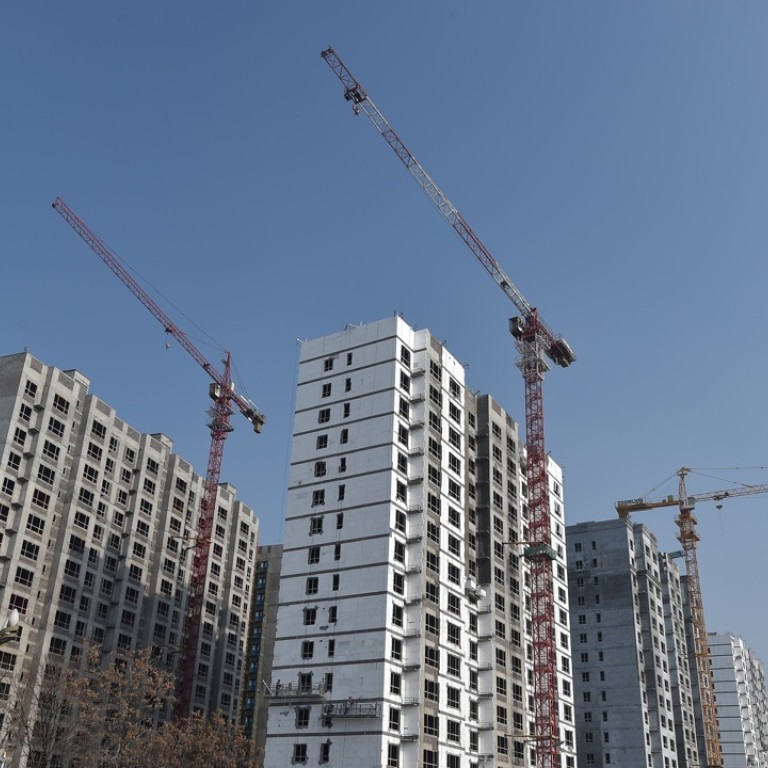
New | Analysts flag risks as developers bid Beijing and Shanghai building lots to record prices
Analysts express concern over excessive leverage as property developers ramp up acquisitions for new residential building sites
Developers are paying top dollar to acquire residential building sites in leading Chinese cities, with the buying wave prompting warnings from analysts of mounting risks as prices rise further into record territory.
In Beijing, land prices rose to a fresh record in October after developer China Gezhouba Group beat out seven developers at auction, paying 75,000 yuan per square metre for a plot in the city’s southwestern district of Fengtai.
That compares to recent transactions in the area during the last two months, which fetched around 50,000 yuan per square meter.
Many new apartments in the district are below 50,000 yuan per square meter, while on the upper end, the most expensive are asking around 75,000 yuan per square metre, according to property portal website Lianjia.com.
In Shanghai, land prices are also on a sharp upward trajectory. A site in the city’s northeast, 16 kilometres away from the city’s centre, sold at more than 60,000 yuan per square meter, far more expensive than comparable home prices.
“This is very risky, as developers are expecting home prices to double in the next one to two years,” said Zhang Dawei, chief analyst at Centaline Property Agency.
Beijing new home prices are up 8.1 per cent in October on year, while in Shanghai prices are up 12.7 per cent, according to the National Bureau of Statistics,
“The price pick-up this year was partly because it didn’t rise last year,” said Han Shitong, a local property expert. ”I don’t think this will continue.”
The inflated land prices are adding to input costs and undermining profitability for some developers.
Several big developers reported gross profit margins eased to 25 per cent in the first half of the year, compared to a historical average of around 30 per cent.
Jeffrey Gao, head of China property research at Nomura, said developers will make a loss if gross margins contract a further 5 percentage points.
Efforts by the government to make credit more easily available throughout the economy, in addition to the resumption of domestic debt financing has left developers with ample resources to aggressively add to their land banks.
Analysts, however, are worried about increasing leverage and credit risks.
“Under this situation, cash flow shortfall due to poor sales or unexpected monetary tightening will put many developers to the test,” Jefferies analysts wrote in a November report, adding that some developers are already highly geared and cash on hand cannot cover their short-term debt.
“Real estate should not be the key driver of economy, it is a cyclical industry. In accordance with this development, collapse would be almost inevitable,” Han said.

